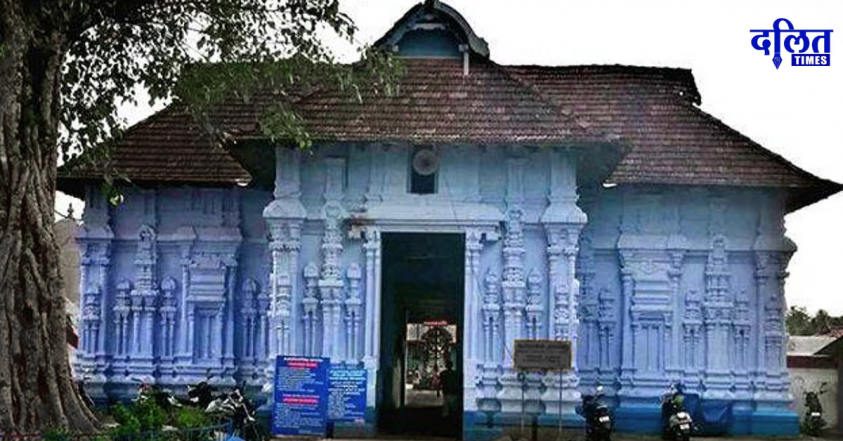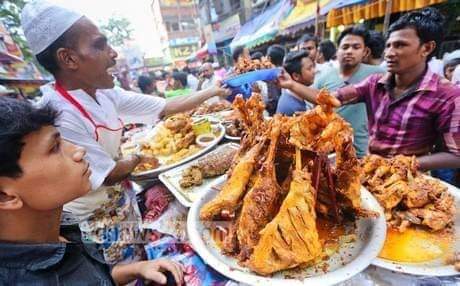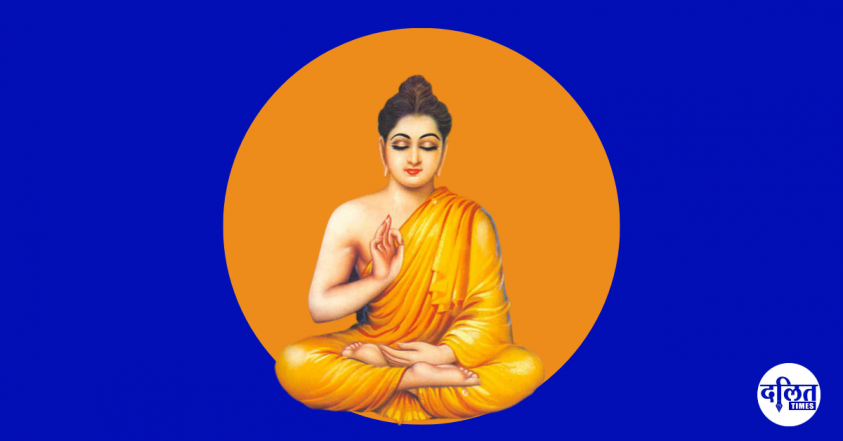June 25th marks the 49th anniversary of the imposition of Emergency, when Indira Gandhi took over control of the nation and constitution.
Story: Nitya Kaimal
Article 352 of the Indian constitution grants the president the power to impose Emergency if the security of the country is threatened by internal or external aggression or armed rebellion.
This allows the President to make decisions on the advice of the cabinet ministers, even if it requires taking away the fundamental rights of the citizens.
49 years ago on June 25th, Indira Gandhi declared Emergency in India, suspiciously soon after the Allahabad high court declared her election to the Lok Sabha invalid. Since the President makes all decisions and judgements on the advice of the prime minister and cabinet, most took this as a means for Indira Gandhi to take control of the nation and place herself above the constitution to maintain her position of power, which seemed to be slipping from her hands. Not only were the citizens aware of this until the announcement over the radio, but also her own cabinet ministers were alerted only a few hours prior.
Also read: Congress’s Clamation of OBC Politics
She gave three reasons to justify her decision. Firstly, Gandhi claimed that the movement launched by Jayaprakash Narayan was a threat to the stability of the Indian democracy. Second, there was a possibility of unspecified foreign forces invading the country which would be an attack on its security and sovereignty, and lastly, she stressed the immediate need for economic growth and upliftment of the poor.
Under the 21-month-long Emergency, constitutional rights were suspended and press freedom was all but abolished. She had President Fakhruddin Ali Ahmed impose Emergency every six months for the 21-month period, which was met with a lot of protest and anger by the people and opposition parties.
“The President has proclaimed the Emergency. This is nothing to panic about. I am sure you are all aware of the deep and widespread conspiracy, which has been brewing ever since I began to introduce certain progressive measures of benefit for the common man and woman in India.” After Indira Gandhi spoke these words during the radio announcement, began what is often referred to as the ‘Dark days of Indian history’. A two-day power cut in Delhi eliminated the possibility of the press being able to print anything, mass arrests of opposition politicians including Jayaprakash Narayan, L K Advani, Atal Bihari Vajpayee, and Morarji Desai took place, and her son, Sanjay Gandhi, also carried out slum clearance and forced sterilisation in Delhi.
Also read: Meira Kumar: The First Dalit Woman Speaker of Lok Sabha
A culmination of a lot of factors led to this extreme and undemocratic decision. Political unrest across the country against the government and the final blow of the Allahabad High Court declaring Gandhi’s election to the Lok Sabha null and void four years after the election is credited as the biggest reason. Instead of dissolving the Lok sabha and calling for fresh elections, She called for Emergency instead.
During this dark period, the term of the Lok Sabha was also extended twice. The constitution does not give the parliament the authority to extend its life, but by suspending the constitution itself, Indira Gandhi managed to supersede the authority of the Constitution itself. In January 1977 however, Gandhi announced the dissolution of the Lok Sabha and called for fresh elections in March. The Emergency came to an end as abruptly as its onset, and the Congress party lost the subsequent elections. Morarji Desai from the Janata Party became the first non-congress Prime Minister of the Nation.
This period is often looked back upon as the darkest era of Indian democracy, with its blatant misuse of power, human rights violations, lack of press freedom, and numerous attempts to squash any opposition. Sitting Prime Minister Narendra Modi often refers to this era to shift attention from the shortcomings of his own rule and accuse the Congress party of having done the same things that they accuse him of.



